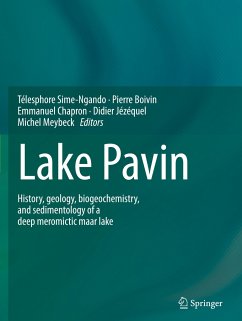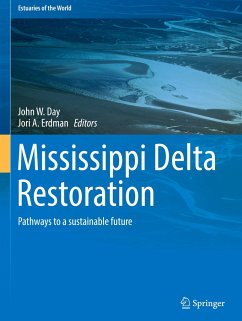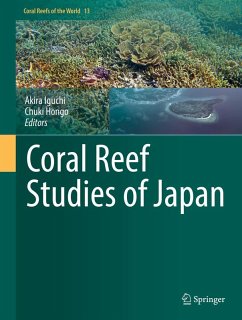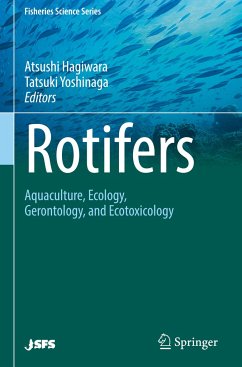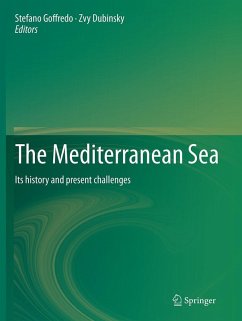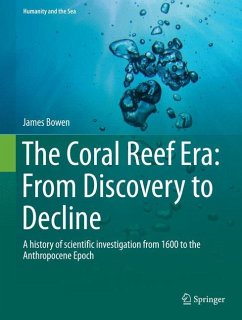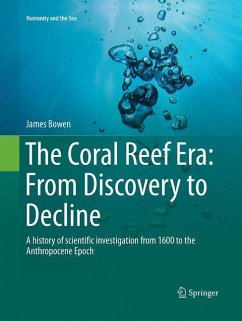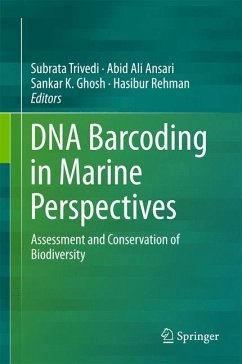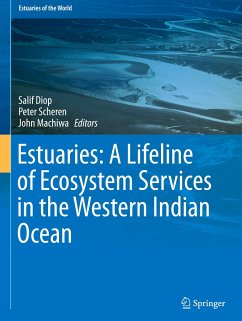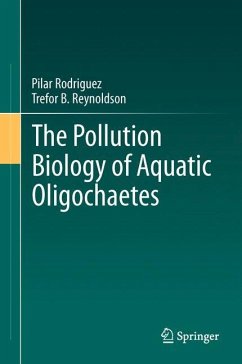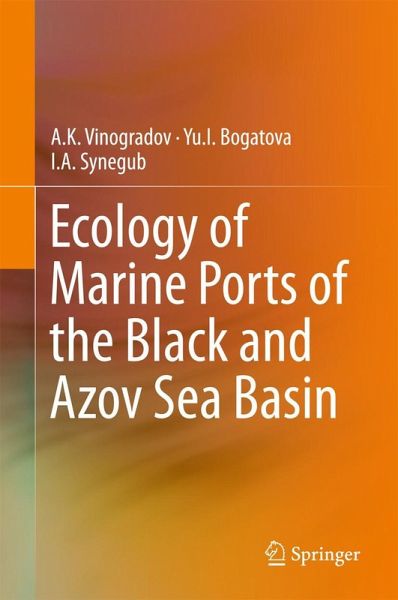
Ecology of Marine Ports of the Black and Azov Sea Basin

PAYBACK Punkte
38 °P sammeln!
This work examines the waters of marine ports as unique integrated aquatic ecosystems. It regards marine ports as entities comprising components of natural and anthropogenic origin, including pelagic, periphytal and benthal subsystems. Using selected Black and Azov Sea ports as examples, the book discusses the hydrodynamics and water exchange, which are weakened in ports compared with open coastal zones. It reflects consequences of the presence of hydrobionts and the accumulation of organic matter, which are promoted by the variety of hard substrata and the absence of fishery.The book is divid...
This work examines the waters of marine ports as unique integrated aquatic ecosystems. It regards marine ports as entities comprising components of natural and anthropogenic origin, including pelagic, periphytal and benthal subsystems. Using selected Black and Azov Sea ports as examples, the book discusses the hydrodynamics and water exchange, which are weakened in ports compared with open coastal zones. It reflects consequences of the presence of hydrobionts and the accumulation of organic matter, which are promoted by the variety of hard substrata and the absence of fishery.
The book is divided into five main chapters. The first chapter describes the general characteristics of the marine ports at the northern coast of the Black and Azov Seas and their shipping channels. Chapters 2 to 4 discuss the main abiotic and biotic peculiarities of the pelagial, periphytal and benthal subsystems of those marine ports, and chapter 5 deals with tropho-dynamic processes in their ecosystems. A concluding section reflects recommendations how the ecosystems of ports in non-tidal seas may be ameliorated.
The book is divided into five main chapters. The first chapter describes the general characteristics of the marine ports at the northern coast of the Black and Azov Seas and their shipping channels. Chapters 2 to 4 discuss the main abiotic and biotic peculiarities of the pelagial, periphytal and benthal subsystems of those marine ports, and chapter 5 deals with tropho-dynamic processes in their ecosystems. A concluding section reflects recommendations how the ecosystems of ports in non-tidal seas may be ameliorated.



